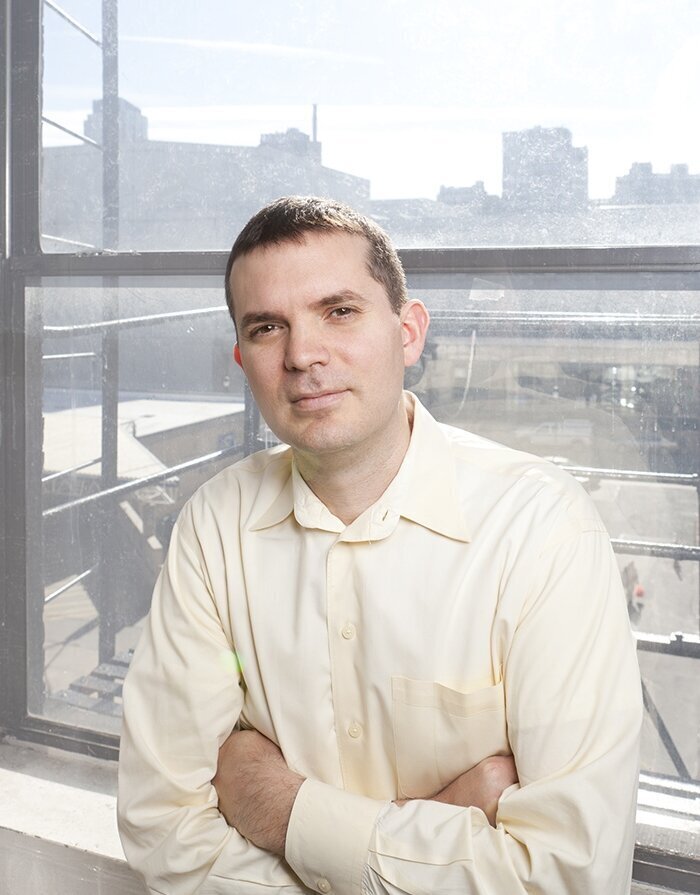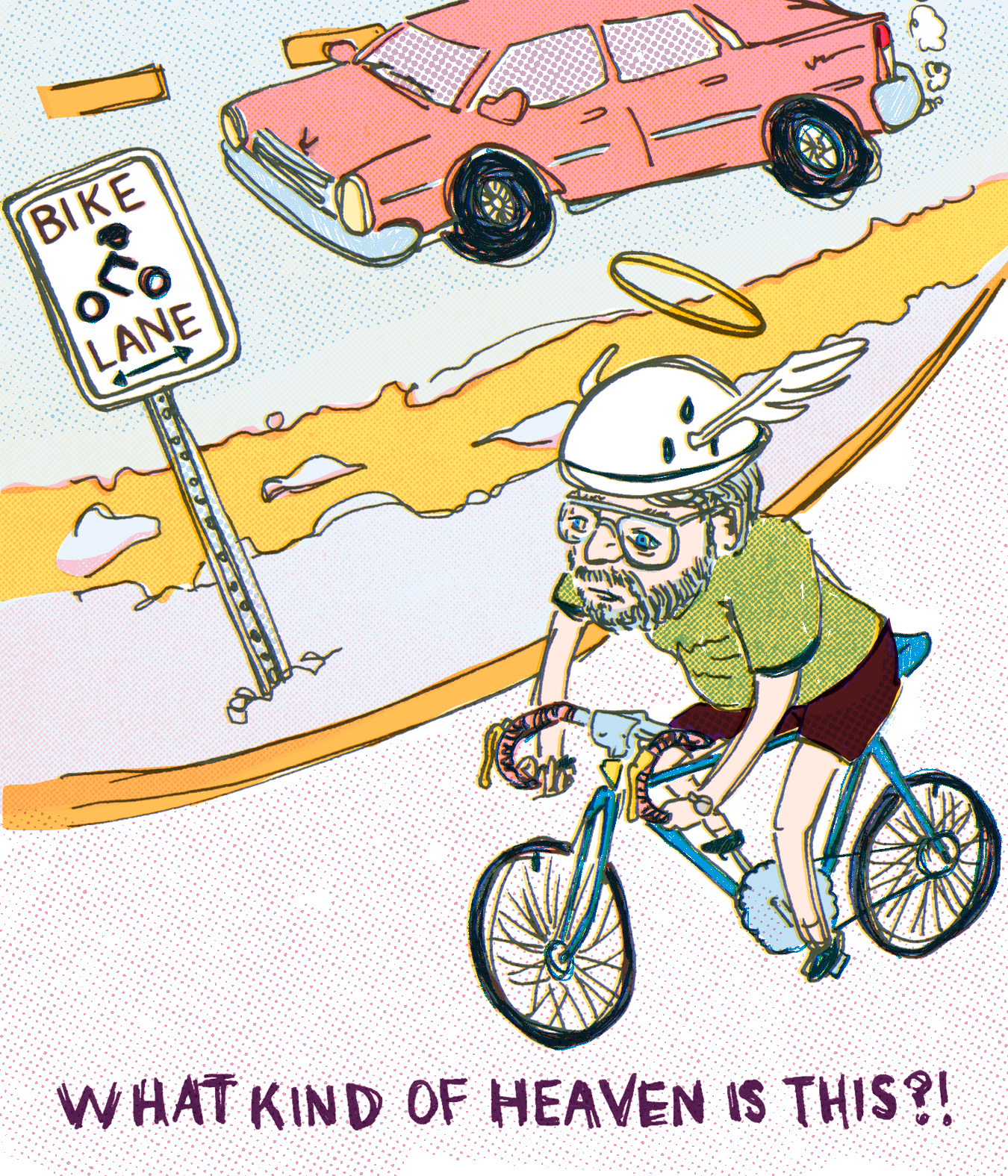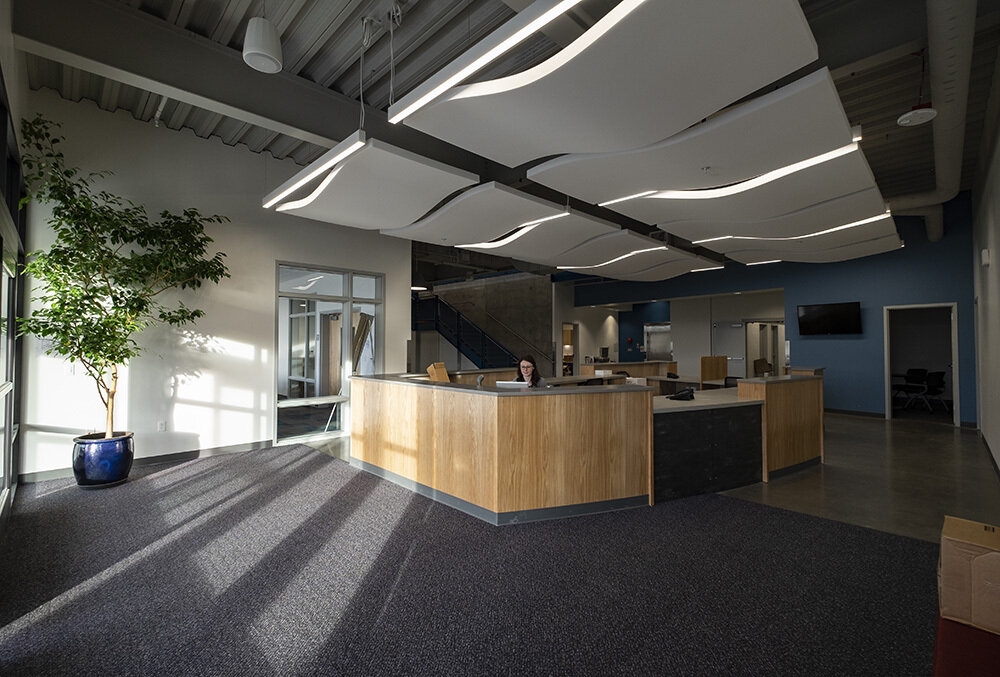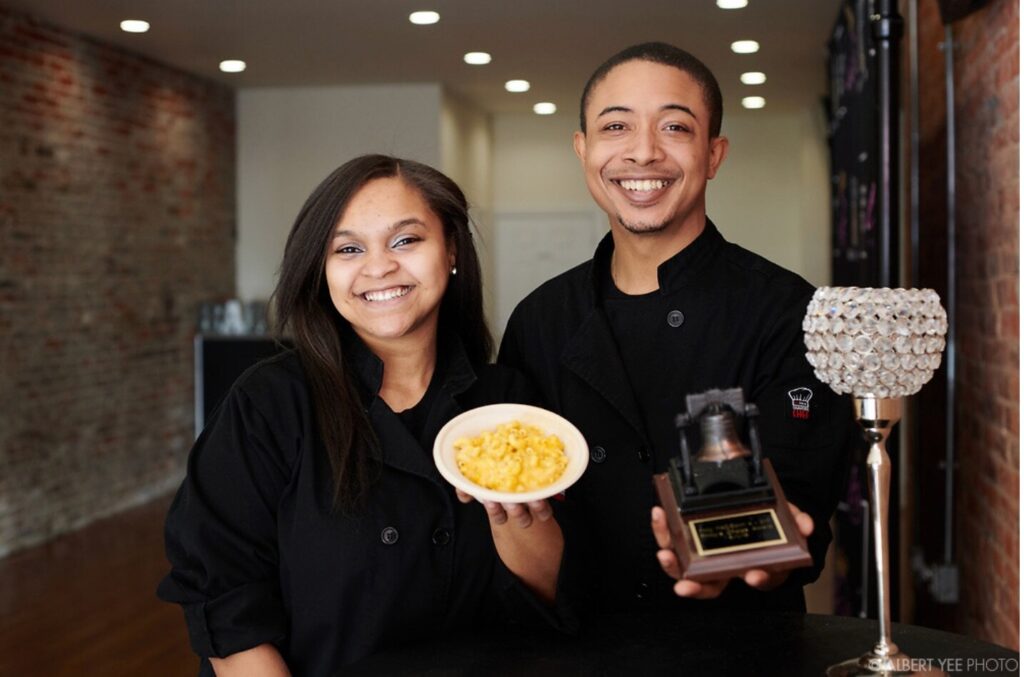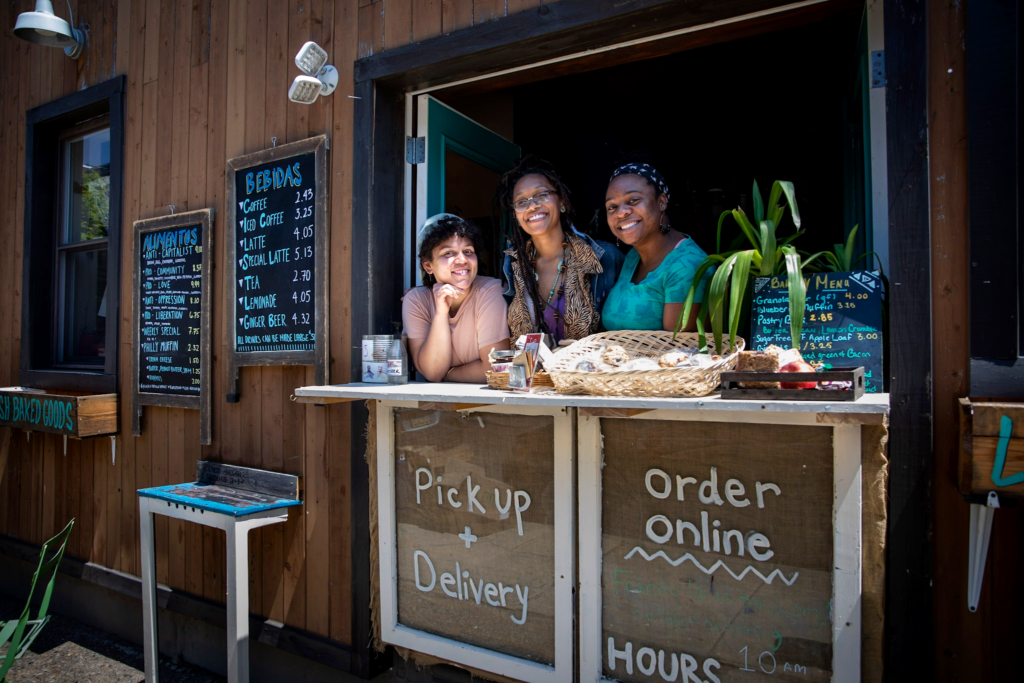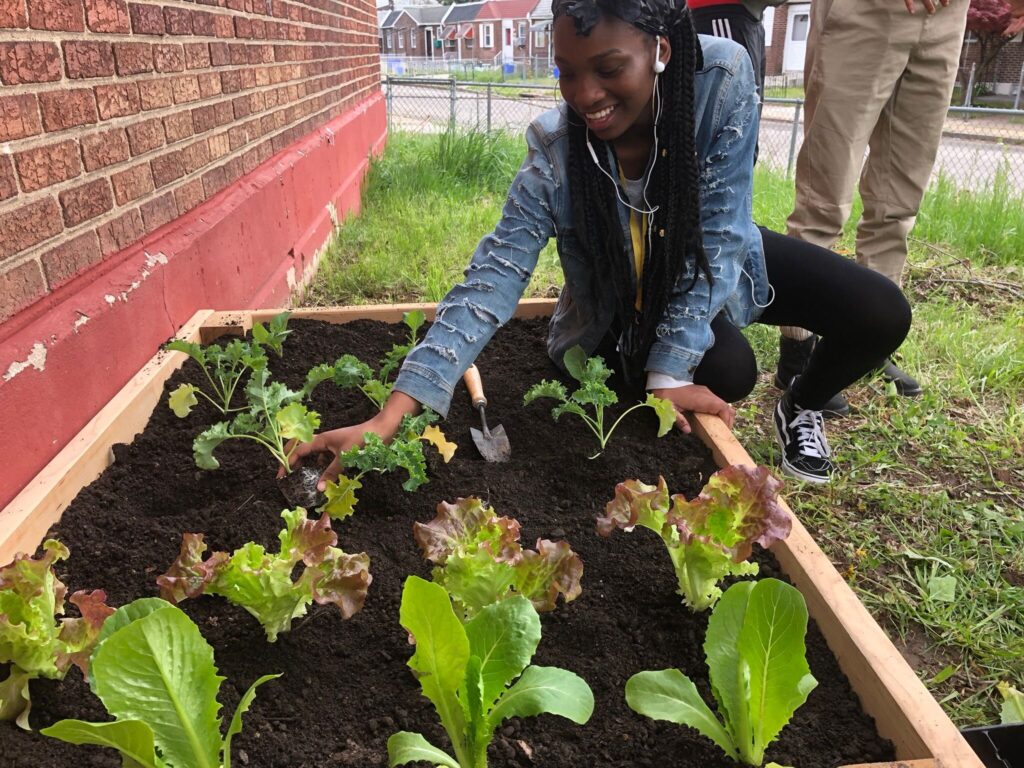In the wake of COVID-19, priorities are shifting. Suddenly, the food supply chain is front and center on our minds. Not surprisingly, local food delivery business Philly Foodworks is scaling up, and Primal Meats is going gangbusters.
There is a renewed interest in growing food as well. The subject of our March 2020 cover story, Truelove Seeds, has sold out of inventory that they expected would last them for the next three years. The urge to get more control of our food, and enjoy the therapeutic benefits of outdoor time, is extremely strong.
Some cities are changing their priorities as well, and rethinking urban planning and transportation. Paris is leading the way, banishing cars on some thoroughfares, leaving them for pedestrians and cyclists only. Locally, MLK Drive has been closed, giving us a taste of car-free streets.
But one area that Philadelphia is moving backwards in is addressing waste. As you may have noticed, recycling service in the city has been cut from weekly to biweekly. This, unfortunately, coincides with a spike in the volume of trash we are creating, as reported by The Philadelphia Inquirer. In another time, there would be vociferous protests. But now, as we continue to navigate our newly complicated daily lives, and our society is faced with so many urgent problems, it’s hard to find the time and willpower to speak out.
As the city opens up, will recycling service be restored? It should be noted that recycling costs the city more to process than trash, and the less often trucks are on the road, the less recycling they will collect.
Second, The Zero Waste and Litter Cabinet was eliminated. That a zero waste cabinet existed at all was progress, but it was a one-man show. How can you make meaningful change if resources aren’t allocated to it? Full disclosure: its director, Nic Esposito, is a good friend of mine—though that friendship was tested when Grid published a story in January 2019 documenting the city’s bungling of their recycling contract. In the story, we talked about how the city not only did not have a recycling department; for a while it did not even have a recycling director. Recycling is clearly not a priority.
Finally, our cover story. We were this close to the plastic bag ban, but doubts about implementation, especially as a well-funded industry group seeded consumers with fear that reusable bags were less safe than plastic bags, have delayed the ban. Which means another billion bags will be used in Philadelphia, some of which will inevitably end up in our waterways.
As we all struggle to make sense of our daily lives, we must also establish, or reestablish, our collective priorities. As our economy staggers, we must realize how many jobs should be devoted to providing food and shelter for everyone, regardless of ability to pay; protecting our air and water; eliminating the use of fossil fuels;, and putting an end to our throwaway society. If we don’t try now, it’s a wasted opportunity.

